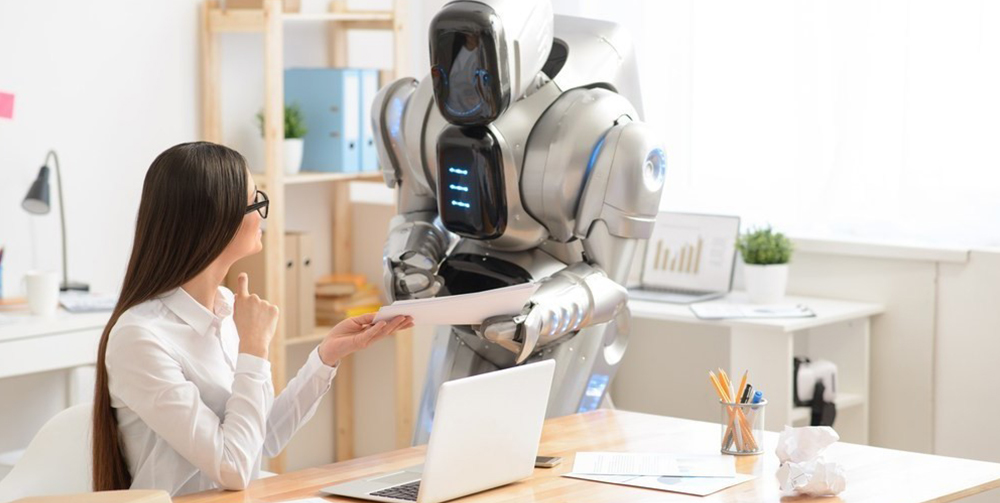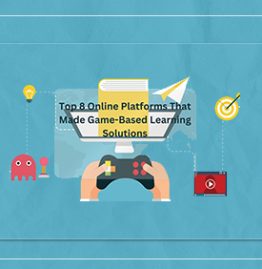We may not know how AI will change the nature of employment in the future, but we can all agree that it is a crucial technology in the modern world.
Search results, online dating opportunities, and even shopping habits are all influenced by AI nowadays. Data shows that in the last four years, the use of AI in various commercial contexts has surged by 270 percent.
Impact in Future
Would it create a permanent underclass of people whose skills are obsolete and who cannot find work? Will one day, super-intelligent computers replace humans as the dominant species? Do you think robotic servants will usher in an era of peace and prosperity for humanity, or will they make our lives easier?
In the middle of the 2030s, one-third of all jobs will be at risk of becoming automated. Workers with lower levels of education are more likely to be negatively impacted.
Will AI replace humans?
People worldwide have worried that technological progress will eventually leave them out of work, from weavers to mill workers. The media’s portrayal of AI, especially in popular science fiction films, has understandably stoked fears that machines could eventually replace people in the workplace.
For instance, as technology has progressed, many manual laborers have been replaced by machines. It’s reasonable that many are worried that progress in artificial intelligence may lead to the end of work as we know it.
But it’s improbable that AI will render humans obsolete anytime soon. The imminent arrival of robot workers will not alleviate your worries. AI will not replace humans anytime quickly but will spur significant innovation that creates new job opportunities. Artificial intelligence (AI) will fuel many current businesses and pave the way for the creation of many more.
Replicating the Potential
Artificial intelligence’s potential to replicate human intelligence’s benefits in specific jobs still has a long way to go. One limitation of AI algorithms is that they can only do one task at a time. They typically lack flexibility and cannot adapt to new information or “think” outside their routines.
Using a robot server to serve customers during a pandemic is a brilliant idea, as it can reduce human contact while maintaining a sanitary environment. This would allow more individuals the option to work from home.
But, thriving in the future, AI will require a systematic strategy to reskill workers, refine procedures, and integrate machines into workflows. Companies will be able to expand their operations and achieve tremendous success.
If you’re technically competent, it’s best to learn as much as possible about collaborating with AI immediately. Even if you operate in a different sector, you should familiarize yourself with the basics of artificial intelligence (AI) and its application.
Wrapping Up
The use of AI is not going away. However, there is no need for you to worry. The best approach is to pay attention and change, especially regarding artificial intelligence.


































































